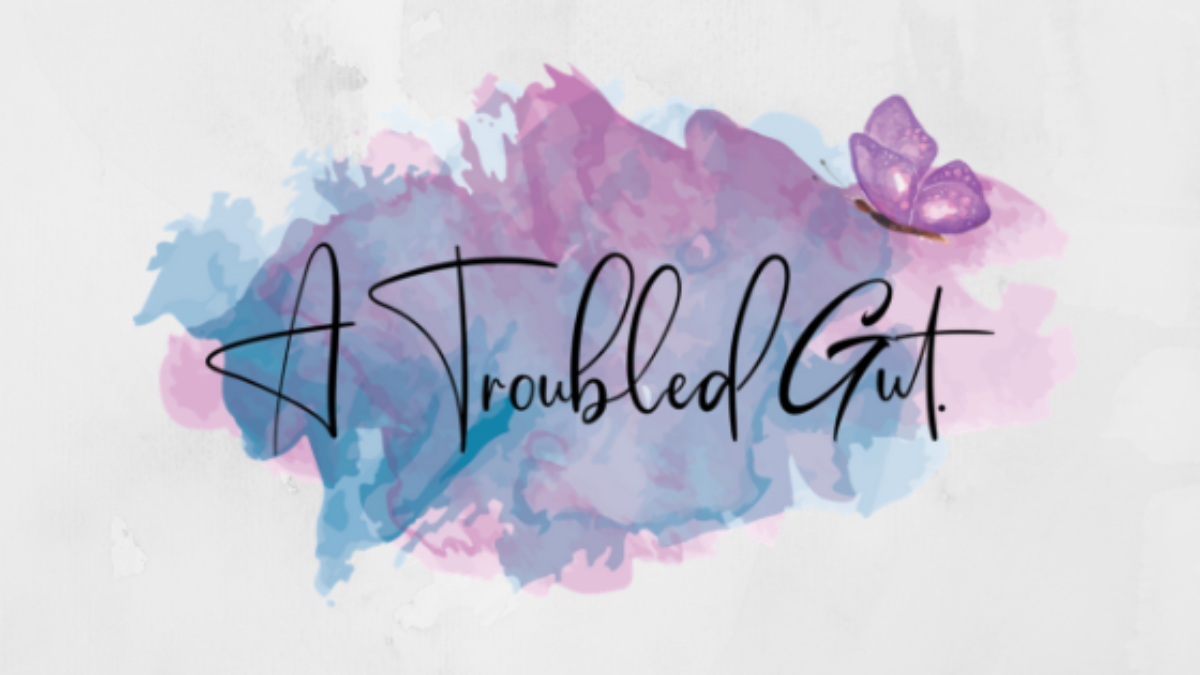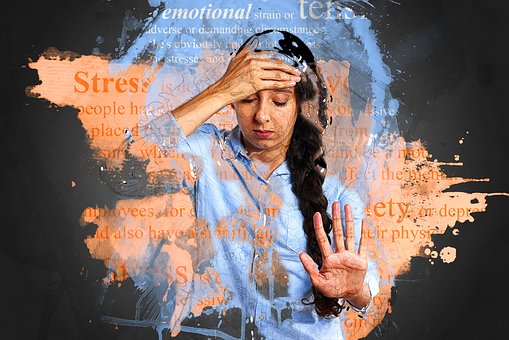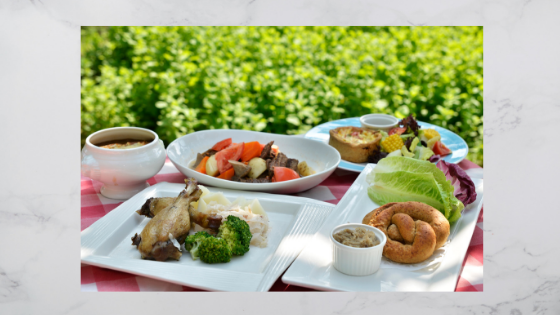In my efforts to figure out, “How Did End Up Here?” so that I can eventually find my way back to health, I have to look at another piece of the puzzle– stress.
We all know, I think, by now that stress can have a negative impact on our health. The quick rush of adrenaline that stress provides isn’t all bad – it helps us meet deadlines at work, prepare for exams at school or quickly avoid an accident while driving. The problem though can be not being fully aware of how much silent stress we carry in our lives. The chronic stress of the every day that we don’t consider.
In my case, being anxious and stressed was a regular state of being. It was my normal, how my motor ran, a regular state of affairs for most of my life. Well, I’ve learned you can’t run a car at top speed in first gear and expect it not to blow up at some point.
Without going into too much detail, I survived a difficult marriage, divorce, raised three teenage daughters alone, aided in the care of aging parents, switched careers in mid-life. (Choosing stress-filled real estate as that career – what was I thinking?!) You know, the stuff of Life!
Add to this having an anxious personality and an attitude, positive though it may seem, that I can get through this. I didn’t want to burden friends and family by asking for help. Asking for help was difficult.
There were many upsets, painful moments, and tears but I rationalized and minimized what I was going through for many years, looking on the bright side of things. It was my way of coping. The burden of responsibility was often overwhelming, but what can you do but hang in there? I didn’t want to let anyone down. One of my favourite quotes at the time was ‘When you reach the end of your rope, tie a knot in it and hang on.’ By Franklin D. Roosevelt.
When I first came across that quote, I began to laugh hysterically. That reaction should have given me some insight into my emotional state of affairs. Nope, I counted my blessings, was thankful I could laugh at the way things were (that was another one of my favourite sayings, ‘If all else fails, laugh!’) and continued in usual fashion.
Though I was well aware that stress affects our well being, the degree to which this chronic and ‘normalized’ stressful way of life can have on your health did not hit home for me until reading “When the Body Says No: The Cost of Hidden Stress” by Gabor Mate, a book my youngest daughter gifted me earlier this year.
There is so much information on the mind-body connection here. It led me to learn a thing or two about myself and how certain attributes of my personality and ways of coping (or not) have likely contributed to my current state of health.
Gabor Mate
“A major contributor to the genesis of many diseases-… is an overload of stress induced by unconscious beliefs.”
You likely have heard of the Type A and Type B personality. Apparently, there is also a Type C, which I knew nothing about until now.
Let me fill you in on who these personalities are. They are cooperative and patient to a fault, passive, not too assertive and overly accepting. Unlike Type B personalities that are easygoing but comfortable with expressing emotions, Type C people have difficulty expressing negative emotions, especially anger, avoid disagreements, and make every effort to upkeep a strong and happy façade. They are often overly responsible perfectionists and feel they need to be strong and independent. Guilty as charged.
As you might guess, these Type C’s are more prone to chronic disease and illness.
Then there is that ‘being positive’ thing. Mostly good and I don’t intend to change my sunny outlook on life. I must admit though the comfort I felt upon reading the title of the eighteenth chapter in the book – ‘The Power of Negative Thinking’. It was as if a massive weight was lifted – relief. You mean I don’t need to be persistently positive? Joy!!!
“In order to heal, it is essential to gather the strength to think negatively. Negative thinking is not a doleful, pessimistic view that masquerades as ‘realism.’ Rather, it is a willingness to consider what is not working. What is not in balance? What have I ignored? What is my body saying no to? Without these questions, the stresses responsible for our lack of balance will remain hidden.
Even more fundamentally, not posing those questions is itself a source of stress. First, ‘positive thinking’ is based on an unconscious belief that we are not strong enough to handle reality…”
Gabor Mate
Looking back, I feel if I didn’t keep thinking positively, it just all might fall apart. That’s a lot of pressure – and stress, – which led to things falling apart anyway.
And now, even though at times I feel like I am closing the stable door after the horse has bolted, I am striving to master new ways in handling all that life sends my way. Understanding the impact of subconscious stress on our well being has made me more mindful of how I react to and deal with it.
Some of the links in this post may be affiliate links. I do receive a small commission for any sales made from these links at no extra cost to you. These commissions support the running of A Troubled Gut. Thank you for your support.


